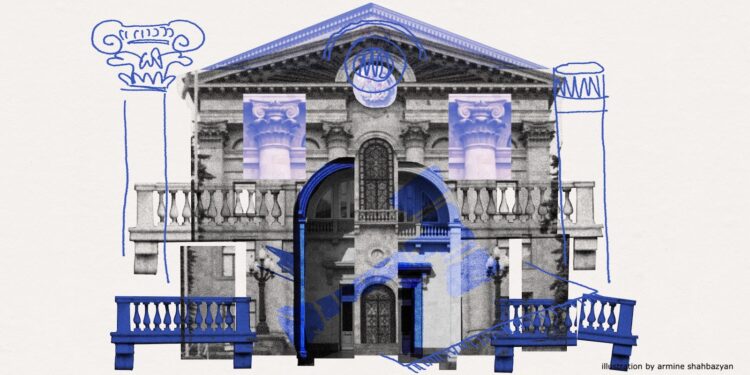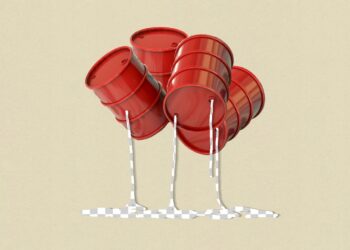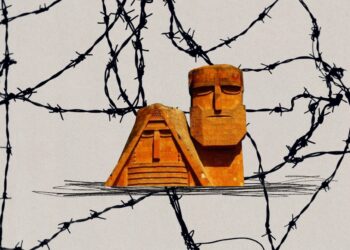Politics
Armenia and the West: Reassessing the Relationship
The 2020 Artsakh War exposed a number of myths and misconceptions in Armenia and among Armenians toward the West. Taline Papazian reviews some of those misconceptions and outlines current Western engagement in Armenia and the region.
Genocide as Part of the National and International Agenda, Part I
Past crimes and crimes against humanity taking place today are being used by various international players to serve their interests, at times solving practical problems and dramatically increasing the political weight and importance of the genocide factor.
The Dictator Has No Clothes: Aliyev’s Regime and Its Declining Oil Revenues
Baku’s oil economy is not sustainable, as diminishing revenues in the long-term increase the probability of domestic instability in Azerbaijan, potentially triggering militarized interstate disputes.
Part III: What May Happen to Armenians in Nagorno-Karabakh
In this next installment of a series on the Nagorno-Karabakh conflict, Sossi Tatikyan presents a way forward given the current situation to ensure security guarantees for the Artsakh Armenians and mark progress in the conflict’s resolution.
The Divergent International Approaches to Secessionist Inter-Ethnic Armed Conflicts
The global response to secessionist inter-ethnic conflicts is shaped by a number of factors, from the extent of the threat of ethnic cleansing, to possession and instrumentalization of energy sources and more. Sossi Tatikyan explains.
Will the EU Disarm Russia’s “Energy Weapon”?
The Russian invasion of Ukraine has shaken the European continent, and there is one non-conventional weapon—energy supply—that is playing a big role. What are the opportunities for Azerbaijan and the implications for Armenia and Artsakh?
Part II: What May Happen to Armenians in Nagorno-Karabakh
In order to understand what may happen to Armenians in Nagorno-Karabakh if appropriate international guarantees for security and human rights are not put in place for them, Sossi Tatikyan presents the evolution of several comparable conflicts.
Part I: What May Happen to Armenians in Nagorno-Karabakh
In Part 1 of a three-part series, Sossi Tatikyan analyzes the uncertainties and possible scenarios for Nagorno-Karabakh if Armenia’s leadership goes ahead with the recognition of Azerbaijan’s territorial integrity.
Brussels-Moscow: Deadlock or Starting Point?
The West is openly implying that it intends to remain involved in the resolution of the Nagorno-Karabakh conflict, even as its relations with Russia could potentially hobble the OSCE Minsk Group Co-chairmanship.
The French Presidential Election and the Armenian Question
French voters will head to the polls on April 24 to vote in the second round of their presidential election for either Emmanuel Macron or Marine Le Pen. With so much at stake in Armenia and Artsakh, how will French-Armenians cast their vote?












